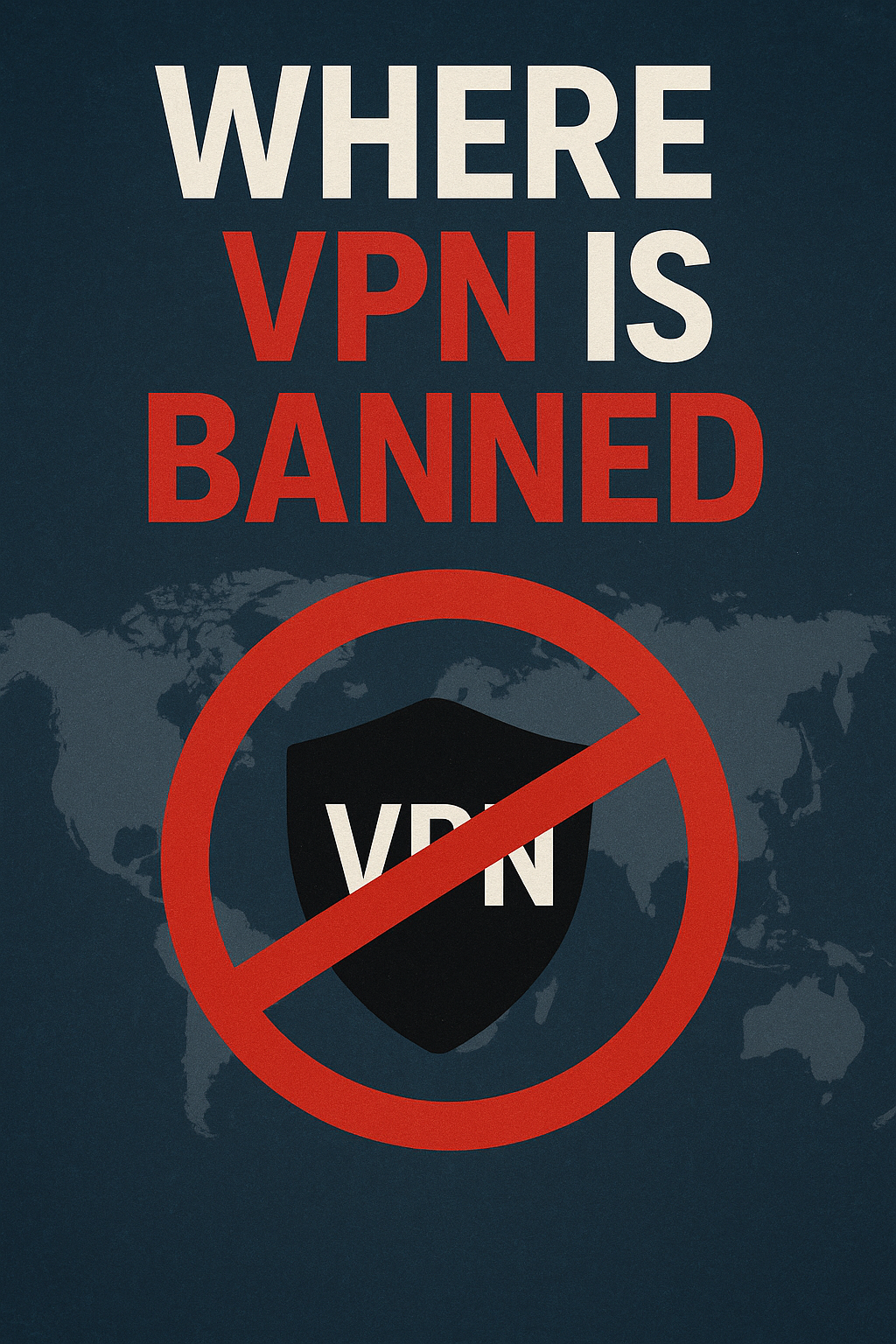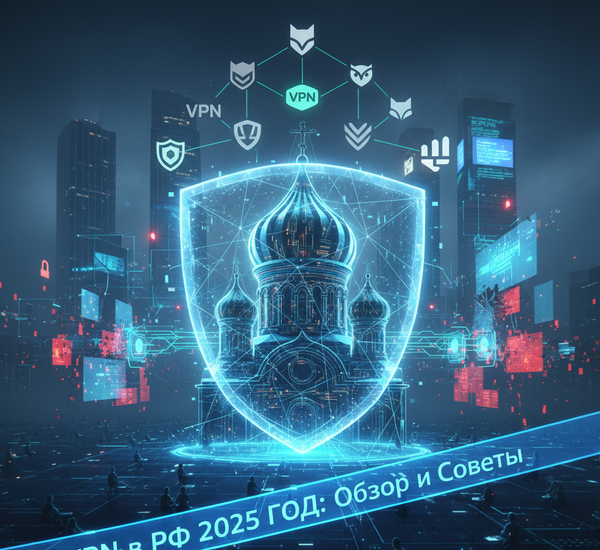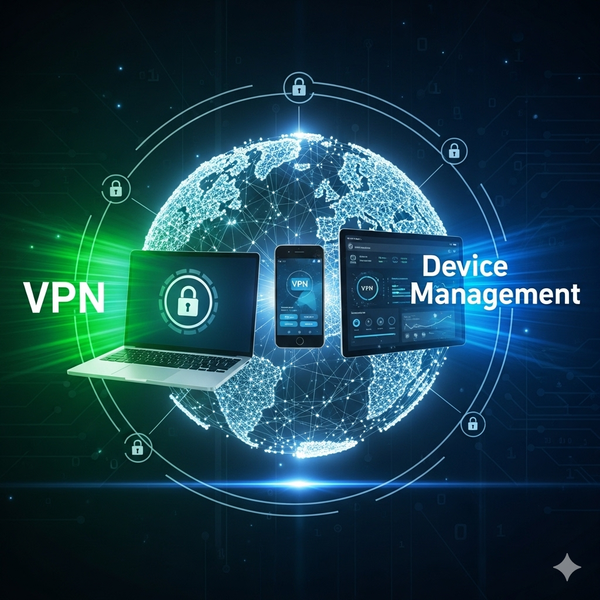Navigating the Digital Maze: How to Stay Safe Online Where VPN Is Banned

Section 1: Understanding Internet Restrictions
In today’s digital world, access to information is taken for granted in many countries, but there are still regions where internet freedom is heavily restricted. Understanding where VPN is banned is crucial for anyone who wants to browse safely and access blocked content. Internet restrictions can take many forms, from blocking social media platforms to filtering news websites, and they often vary depending on the local government’s policies.
Countries that are known for strict internet control include China, Iran, Russia, and the UAE. In these regions, authorities not only block specific websites but also monitor online activities, making it challenging for residents and travelers to maintain privacy. Users often encounter messages saying that certain sites are unavailable or that their connections are being monitored.
Even in areas where VPN is banned, people still seek ways to protect their online privacy and access global content. A VPN, or Virtual Private Network, can encrypt internet traffic, hide your location, and allow access to blocked platforms. For instance, our VPN service, Winston VPN, provides a secure way to connect up to 5 devices under a single subscription. It even offers a 3-day free trial, giving users a chance to explore the internet safely and bypass restrictions without immediately committing to a subscription.
The restrictions in countries where VPN is banned are not uniform. Some regions may block certain VPN protocols while others target specific IP addresses known to belong to VPN servers. This is why choosing a reliable VPN that can adapt to different network conditions and bypass advanced firewalls is essential. Services like Winston VPN are designed to work efficiently even in restricted regions, offering encrypted access to websites and ensuring your data remains protected from prying eyes.
Understanding these limitations is the first step in navigating the digital maze. By recognizing where VPN is banned, users can make informed decisions about online safety, select the right tools, and enjoy a freer, more secure browsing experience.
Section 2: Why VPNs Are Banned
While VPNs are widely recognized as tools for online security and privacy, there are numerous regions where VPN is banned due to government regulations. Understanding the reasons behind these bans helps explain the challenges users face when trying to access restricted content.
One primary reason VPNs are banned is control over information. Governments in some countries aim to regulate what citizens can see online, restricting access to news outlets, social media, and streaming platforms. By limiting VPN usage, authorities can more effectively enforce censorship and monitor internet activity. This is especially true in countries with strict media control, where bypassing restrictions can be considered illegal.
Security concerns also play a role. Some authorities claim that VPNs can be used for illegal activities, including cybercrime, unregulated financial transactions, or communication with prohibited networks. As a result, using a VPN in regions where VPN is banned may carry legal consequences, including fines or temporary internet suspension.
Despite these risks, many users still seek to maintain privacy and access global content. This is where reliable VPN services, like Winston VPN, become essential. With features such as encrypted connections, access to blocked sites, and support for up to 5 devices per subscription, Winston VPN provides a secure solution even in regions where VPN is banned. The 3-day free trial allows users to safely test the service and explore how it can protect their data and maintain access to global content.
It’s important to note that the ban on VPNs does not always mean total restriction. Some regions may only block certain VPN protocols or servers, leaving room for advanced VPN technologies to operate. Choosing a VPN that consistently updates its servers and encryption methods ensures users can safely navigate online without compromising security or privacy.
In conclusion, VPNs are banned in certain countries for reasons ranging from information control to security concerns. However, with the right tools, such as Winston VPN, users can still enjoy online freedom, access blocked content, and protect sensitive data in areas where VPN is banned. Understanding these dynamics empowers individuals to make informed decisions about their digital security.
Section 3: How People Circumvent Restrictions
Even in countries where VPN is banned, people are finding innovative ways to bypass internet restrictions and maintain access to global content. Understanding these methods is essential for anyone looking to protect their privacy and stay connected online.
One common approach is using proxies or smart DNS services. These tools can redirect traffic through alternate servers, allowing access to blocked websites. However, they often lack encryption, leaving user data vulnerable to surveillance. Another popular option is Tor, a network that anonymizes internet activity by routing it through multiple nodes. While effective for privacy, Tor can be slower and less convenient for streaming or heavy browsing.
This is where a reliable VPN stands out. A high-quality VPN, like Winston VPN, not only bypasses regional restrictions but also encrypts all traffic, protecting sensitive information from prying eyes. Even in areas where VPN is banned, Winston VPN offers stable and secure connections, supporting up to 5 devices on one subscription. The service also provides a 3-day free trial, allowing users to test its capabilities without commitment.
In practice, users in restricted regions can configure their VPN to use advanced protocols that are harder to detect or block. This ensures uninterrupted access to social media, streaming services, and news websites. Additionally, using a VPN like Winston VPN can prevent ISP monitoring, giving individuals peace of mind while navigating online content that would otherwise be inaccessible.
By understanding the tools and strategies available, anyone can safely circumvent restrictions in countries where VPN is banned. VPNs provide a balanced solution, offering both privacy and access. Services like Winston VPN make it simple to connect multiple devices, explore blocked content, and safeguard personal data—all while complying with best practices for online safety.
Section 4: Choosing a VPN in Restricted Areas
Selecting the right VPN is crucial, especially in regions where VPN is banned. Not all VPNs are created equal, and understanding which features matter can make the difference between secure, unrestricted access and frustration with blocked services.
The first consideration is security. A VPN should provide strong encryption, protecting your personal data from hackers, ISPs, and government surveillance. This is especially important in countries where VPN is banned, where online activity can be closely monitored. Winston VPN offers robust encryption to ensure your internet connection remains private, even under restrictive conditions.
Another key feature is device compatibility. In many households, multiple devices need VPN protection simultaneously. Winston VPN supports up to 5 devices on a single subscription, making it convenient for families, small teams, or individuals who use multiple gadgets. This feature ensures that everyone can safely access the internet without purchasing multiple subscriptions.
Speed and reliability are also critical. In regions where VPN is banned, some VPNs struggle to maintain stable connections due to aggressive blocking by authorities. Choosing a VPN with adaptive protocols and optimized servers, like Winston VPN, guarantees smoother browsing, streaming, and communication, minimizing interruptions and frustration.
Ease of use should not be overlooked. A VPN that is difficult to set up or configure can discourage consistent use. Winston VPN provides user-friendly apps and guides, making it easy for users to connect and stay protected on all supported devices.
Finally, access to blocked content is a major factor. Many users seek VPNs specifically to reach websites and platforms unavailable in their country. Winston VPN not only bypasses restrictions efficiently but also offers a 3-day free trial, allowing users to test its ability to unlock blocked sites safely before committing.
In conclusion, choosing a VPN in regions where VPN is banned requires careful attention to security, device support, speed, usability, and content access. With services like Winston VPN, users can navigate restrictions confidently, ensuring their online experience remains private, fast, and unrestricted.
Section 5: Legal and Safety Considerations
Using a VPN in countries where VPN is banned requires careful attention to local laws and safety measures. While VPNs offer privacy and access to blocked content, understanding the legal implications can prevent potential problems.
In many regions, authorities strictly regulate VPN usage. Violating these laws may result in fines, temporary internet suspension, or, in extreme cases, criminal charges. It is essential for users to research local regulations before connecting to any VPN service. Knowing where VPN is banned and the specific rules surrounding its use allows individuals to make informed decisions while minimizing risk.
Safety considerations are equally important. Even in areas with strict regulations, users often need to access essential information, communicate securely, or browse privately. A trustworthy VPN, like Winston VPN, ensures strong encryption, protecting personal data from hackers, ISPs, or government monitoring. This service also supports up to 5 devices under one subscription, allowing multiple devices to remain secure simultaneously.
Moreover, users should follow best practices, such as keeping the VPN app updated, avoiding suspicious networks, and not sharing login credentials. Winston VPN provides user-friendly guidance for safe setup, helping users maintain privacy in regions where VPN is banned. The 3-day free trial offers a risk-free opportunity to test the service, ensuring both safety and access before fully committing.
Ultimately, balancing legal awareness with online security is key. By understanding the laws of countries where VPN is banned and using a reliable VPN like Winston VPN, users can protect their data, maintain privacy, and enjoy access to global content responsibly and safely.
Section 6: Benefits of VPNs Even Where They Are Banned
Despite restrictions in regions where VPN is banned, there are numerous benefits to using a VPN. These advantages go beyond simply accessing blocked websites—they encompass privacy, security, and freedom in the digital world.
1. Access to Blocked Content
In countries with strict internet censorship, many popular websites, social media platforms, and streaming services are unavailable. A VPN allows users to bypass these restrictions safely. With Winston VPN, users can enjoy unrestricted access to blocked sites, ensuring they stay connected to news, entertainment, and social media without compromise.
2. Enhanced Security and Privacy
Online threats, such as hackers and intrusive surveillance, are more concerning in regions where VPN is banned. A VPN encrypts all internet traffic, hiding users’ IP addresses and personal data. Winston VPN offers robust encryption and protects up to 5 devices per subscription, giving families or teams comprehensive security on multiple devices simultaneously.
3. Online Anonymity
Maintaining anonymity is crucial for many users. VPNs mask digital footprints, preventing tracking by websites, advertisers, and even local authorities. Winston VPN’s advanced security features ensure that users can browse privately, keeping sensitive information safe even in restricted regions.
4. Convenience Across Devices
Many VPN services limit the number of devices per account, but Winston VPN supports up to 5 devices on a single subscription. This makes it easy to secure phones, laptops, tablets, or other gadgets without extra cost or hassle, a feature particularly valuable in areas where VPN is banned.
5. Risk-Free Testing
Before committing to a subscription, users can try Winston VPN with a 3-day free trial. This allows individuals to explore the service’s ability to unlock blocked content, maintain security, and provide reliable access—all without immediate financial commitment.
In summary, even in regions where VPN is banned, the benefits of using a VPN are undeniable. From unrestricted access to global content to enhanced security and multi-device support, a reliable VPN like Winston VPN offers a safe, convenient, and effective solution for navigating online restrictions.
Conclusion
Navigating the internet in regions where VPN is banned can be challenging, but understanding restrictions, legal considerations, and effective tools makes it possible to stay safe and connected. VPNs are not just a means to bypass censorship—they provide security, privacy, and freedom in the digital world.
By choosing a reliable VPN like Winston VPN, users gain access to blocked content, protect personal data, and connect up to 5 devices under a single subscription. The 3-day free trial offers a risk-free way to explore its features, ensuring that even in regions where VPN is banned, online freedom remains within reach.
Being informed about where VPN is banned and adopting secure practices ensures that users can enjoy the internet without unnecessary restrictions. Whether for work, communication, or entertainment, a VPN is a vital tool for anyone navigating restricted digital environments.
Ultimately, staying aware, cautious, and equipped with the right VPN empowers individuals to maintain privacy, bypass censorship, and safely explore the global internet—turning obstacles into opportunities for digital freedom.


